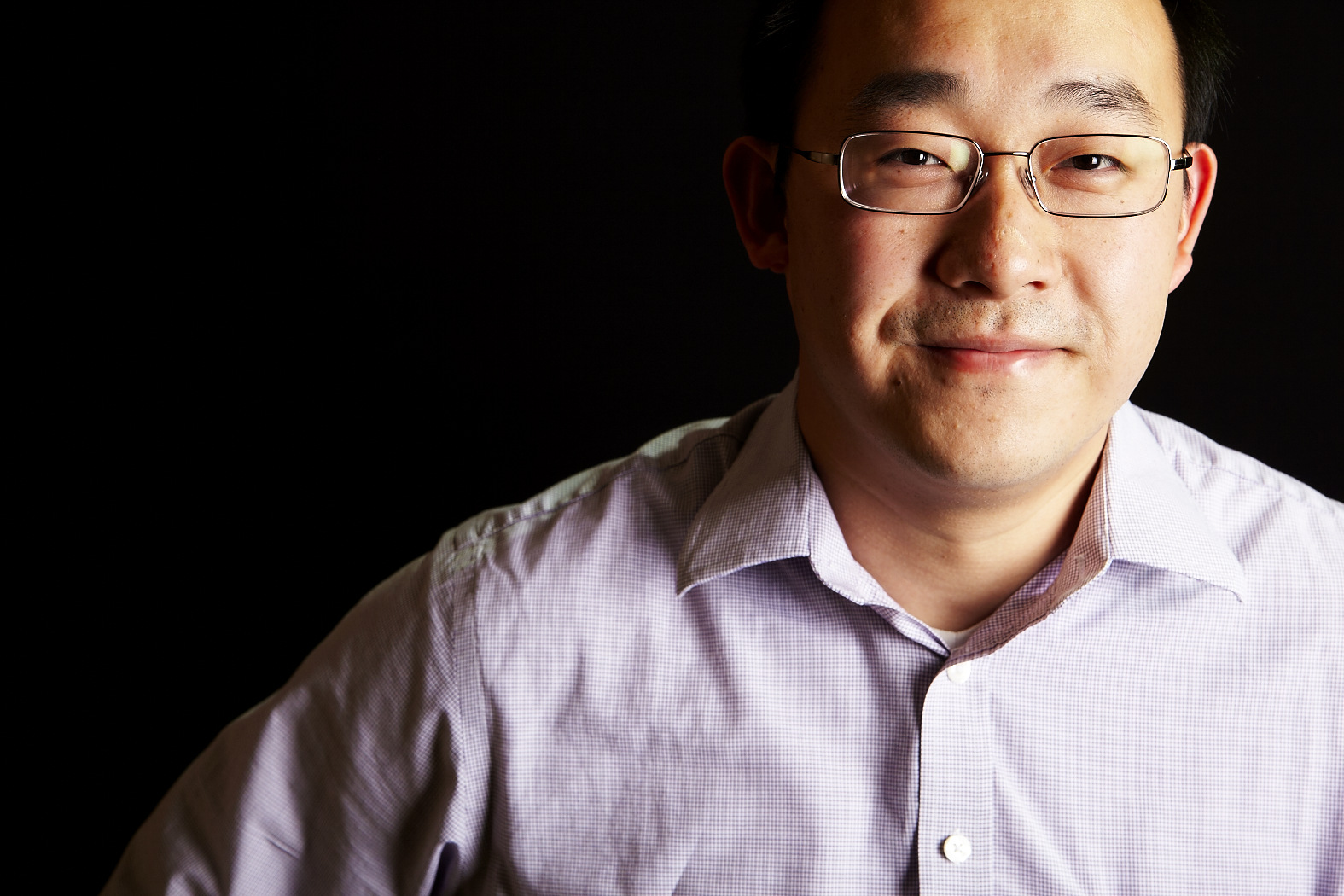Burc is a Sr. Quantitative Engineering Manager at Facebook. Prior to Facebook, Burc led a quantitative engineering team at Google for 3 years, working on time series forecasting and capacity planning. He holds an MBA from UC Berkeley Haas (but don't hold that against him) and a PhD from Stanford University. Burc flirted with C++ for years but eventually realized Python is his one true love. Together, they are happily implementing machine learning and natural language processing algorithms at Facebook. He and C++ remain good friends.
Day 42 of your brand new startup. You are the CTO; your friend from b-school is the CEO. She is busy meeting with potential clients to understand their needs. You are busy with coding and you are about to start implementing a machine learning algorithm. Which language do you choose? So many possibilities: R, Julia, Lua, Java, C++, etc. etc. etc. I'd pick Python. After all, Python is a highly productive, highly customizable, batteries included language that integrates nicely with low-level code and is supported by a great community. But mainly because… Well… Python will stay with you and continue to make your life easier even when you get to Facebook scale. Don't believe me? I'll show you concrete proof in the form of examples from a day in the life at Facebook.

Dr. Joshua Bloom is an astronomy professor at the University of California, Berkeley where he teaches high-energy astrophysics and Python for data scientists. He has published over 250 refereed articles largely on time-domain transients events and telescope/insight automation. His book on gamma-ray bursts, a technical introduction for physical scientists, was published recently by Princeton University Press. He is also co-founder and CTO of wise.io, a startup based in Berkeley. Josh has been awarded the Pierce Prize from the American Astronomical Society; he is also a former Sloan Fellow, Junior Fellow at the Harvard Society, and Hertz Foundation Fellow. He holds a PhD from Caltech and degrees from Harvard and Cambridge University.
I will describe data science efforts at Berkeley, with a particular focus on teaching and the new Berkeley Institute for Data Science (BIDS), funded by the Moore and Sloan Foundations. BIDS will be a space for the open and interdisciplinary work that is typical of the SciPy community. In the creation of BIDS, open source scientific tools for data science, and specifically the SciPy ecosystem, played an important role.

Peter holds a B.A. in Physics from Cornell University and has been developing applications professionally using Python since 2001. Before co-founding Continuum Analytics in 2011, Peter spent seven years at Enthought designing and developing applications for a variety of companies, including investment bankers, high-frequency trading firms, oil companies, and others. In 2007, Peter was named Director of Technical Architecture and served as client liaison on high-profile projects. Peter also developed Chaco, an open-source, Python-based toolkit for interactive data visualization.
